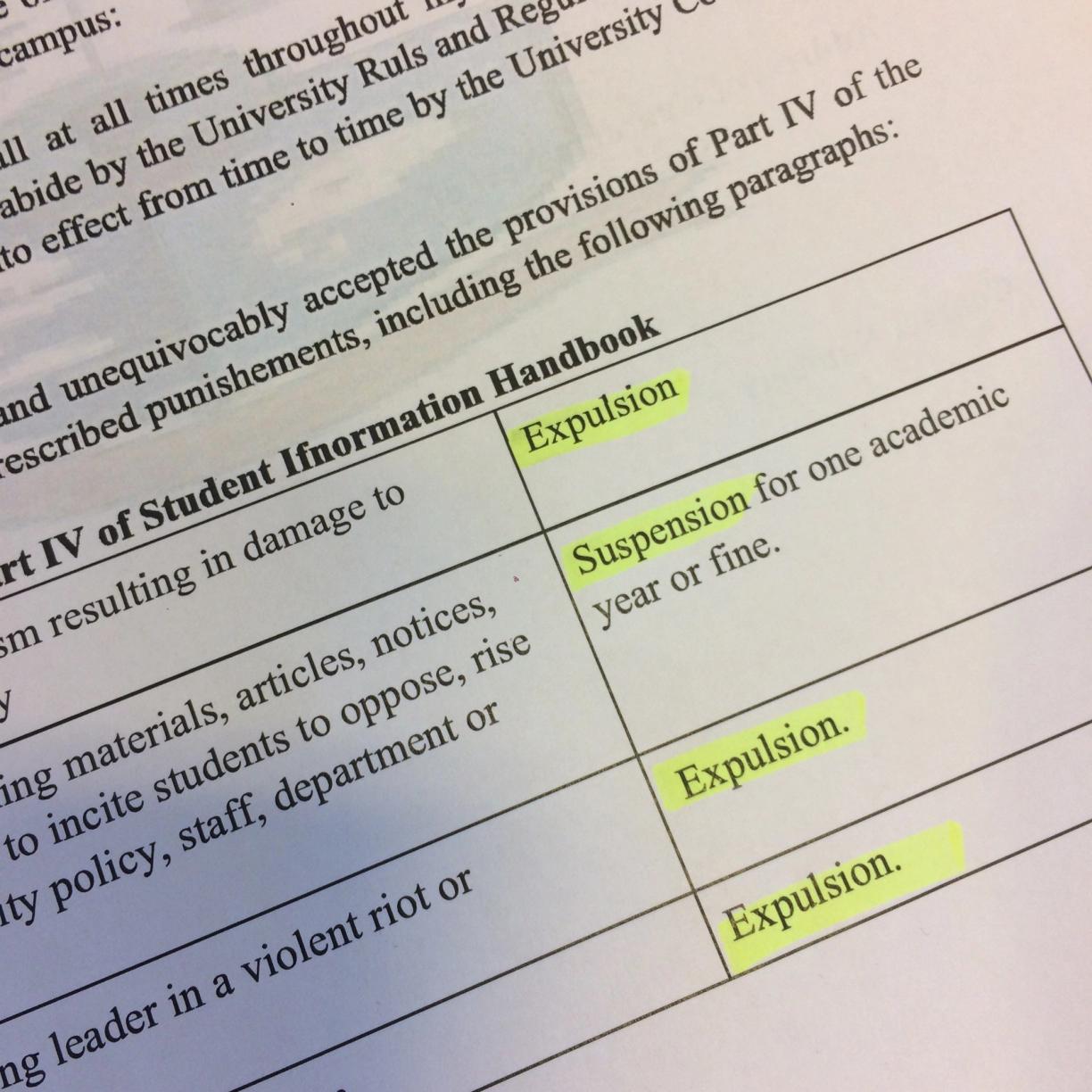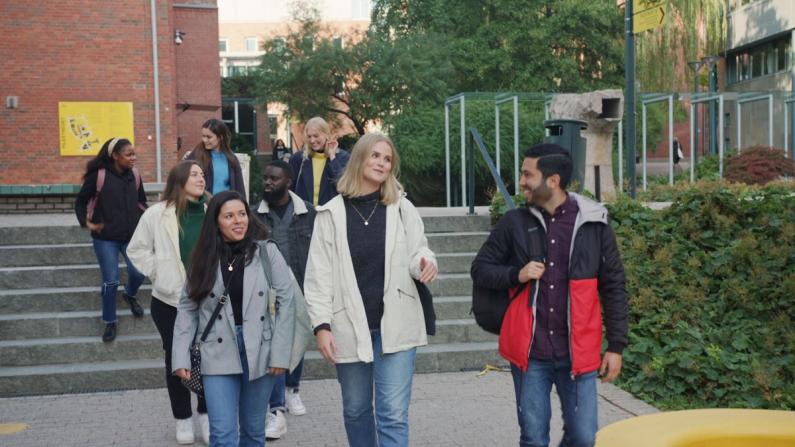Nyhet
Codes of conduct for students in Southern African universities: good-behaviour standards or gag orders?

While the most blatant cases of violation of academic freedom we hear about are often related to violence against students, other subtler ways of violating academic freedom seem to be on the rise. In recent years, many universities in Southern Africa have developed discipline codes, student pledges or disciplinary sanctions to regulate the behaviour of students at campus. Such regulations usually describe cases of student misconduct and related sanctions, which may include suspension and permanent expulsion.
For life in campus to be peaceful and productive, it is important that students, teachers and overall staff at universities have a common understanding of each other’s duties and rights as far as everyday behaviour is concerned. Rules for avoiding academic cheating, misrepresentation or any kind of dishonest behaviour among students are essential to maintain the credibility and standard of universities. Similarly, clear rules to avoid violent behaviour, damage to university property and drug abuse are also equally important to ensure a safe environment where students may freely exercise their rights to pursue higher education, while teachers and staff may perform their duties in a satisfactory manner.
On the other hand, cautiousness is required when tagging some student actions as “misconduct” or “transgression”. In the urge to regulate student behaviour at campus, some universities have often interpreted legitimate action as violations, such as the right of peaceful assembly or the right to express any opinion that may bring the image of the university into “disrepute”. Being a highly subjective concept, “disrepute” can be so widely interpreted by those responsible for enforcing such regulations, that potentially any public statement made by a student about any problem encountered at his/her university can be seen as causing damage to reputation – therefore turning the student into a transgressor.
Being critical towards university in social media
For example, if you are a student at the Copperbelt University (CBU) in Zambia, and you publish a post in any social media commenting with your friends about the poor sanitation conditions found at campus toilets, you might face sanctions. That is because CBU requires all students to “refrain from any action which might bring the name and image of the university into disrepute”, including “publishing materials, articles, notices, memoranda etc. with intent to incite students to oppose, rise or work against a University policy, staff, department or School”.
Even though you may not have had any intention of uprising fellow students, the university staff applying the regulations may interpret your action otherwise; and that may cause you a fine or suspension for up to one year. In 2016, eighteen Zambian students were expelled from CBU for participating in demonstrations at campus, in violation of the university’s discipline code. They were later reinstated by order of the Ministry of Higher Education.
Other universities in South Africa have also established quite severe codes of conducts for their students, which resemble less a regulation for ensuring good behaviour than a gag order applicable for students at campus. Here are some examples:
The University of Pretoria punishes any conduct from students, intentional or negligent, which may result in “the good name of the University being brought into disrepute or otherwise compromised”. Anything a student may convey – orally or in written form, in any media – that could be construed as negative to the university, can potentially be considered a “misconduct”;
The University of Johannesburg has implemented “regulations for student discipline” whereby “discrediting the university” is considered a serious transgression, which may lead to fine or community service;The University of South Africa (Unisa) has a similar formulation in its Student’s Disciplinary Code, punishing any “conduct by which the good name and the reputation of the University is or may be impaired”.
Expressing our concerns towards strict student regulation
Such rules are revealing a common approach whereby students are seen as potential criminals, rather than the future intellectual elite of their countries. This is also why SAIH recently wrote a letter to the Vice Chancellor of CBU in Zambia, expressing our concerns about the strict declaration form that all students must sign. Challenges to pursuit higher education in Southern Africa are well known and not few; governments should therefore treat their students as one of the most valuable resources existent in society to tackle these challenges in the future, not as a risk to be managed.
Decision makers should be urged to review such policies so that critical thinking and freedom of expression may blossom and contribute to building strong universities, where students’ voices also play an important role.







